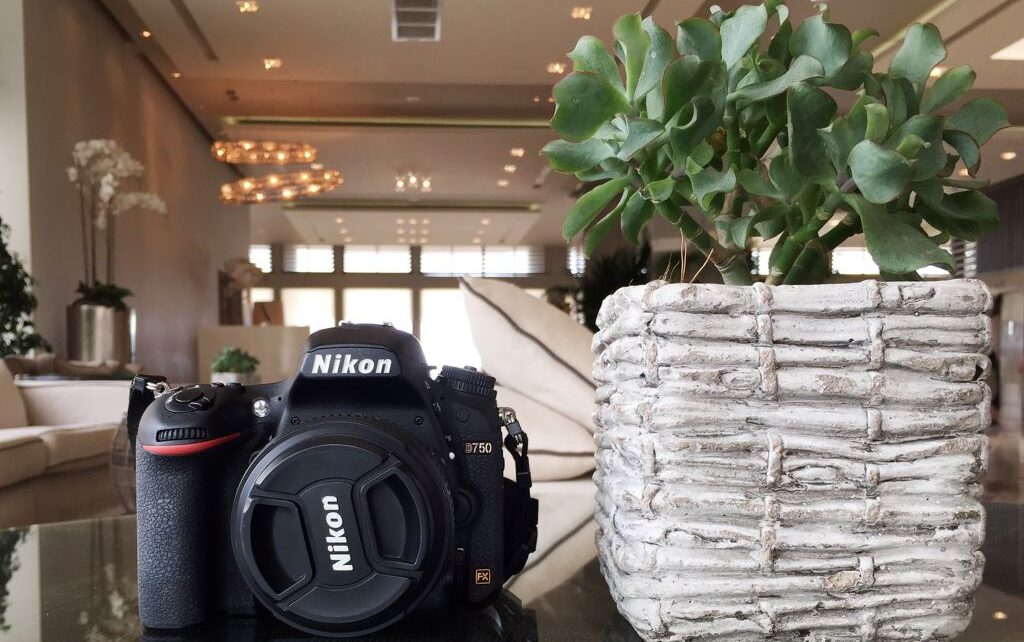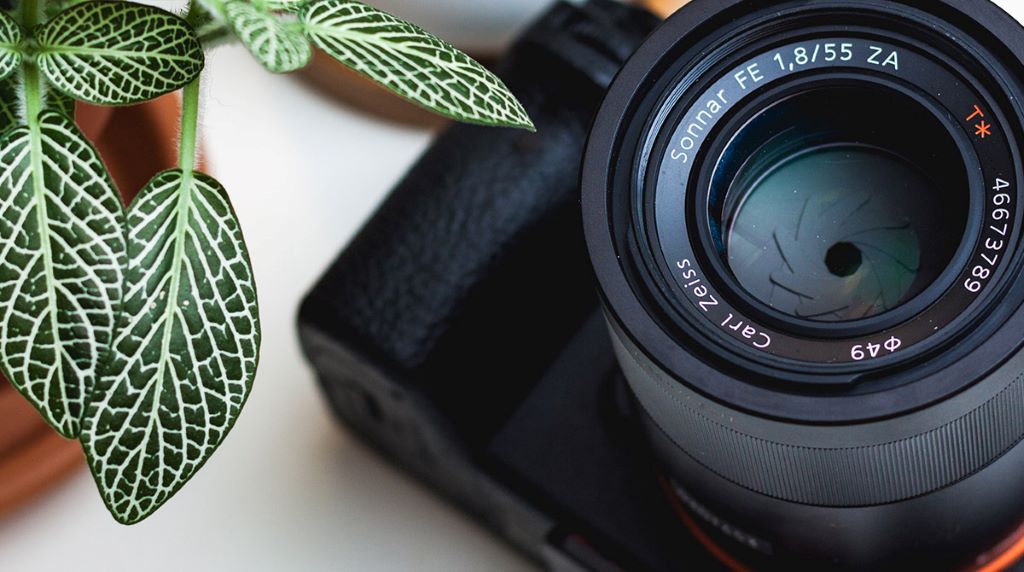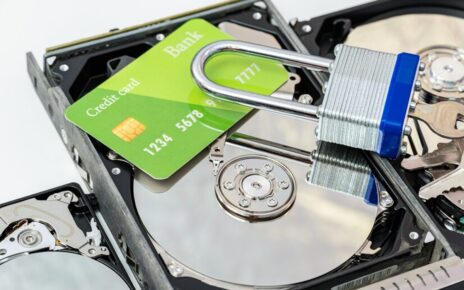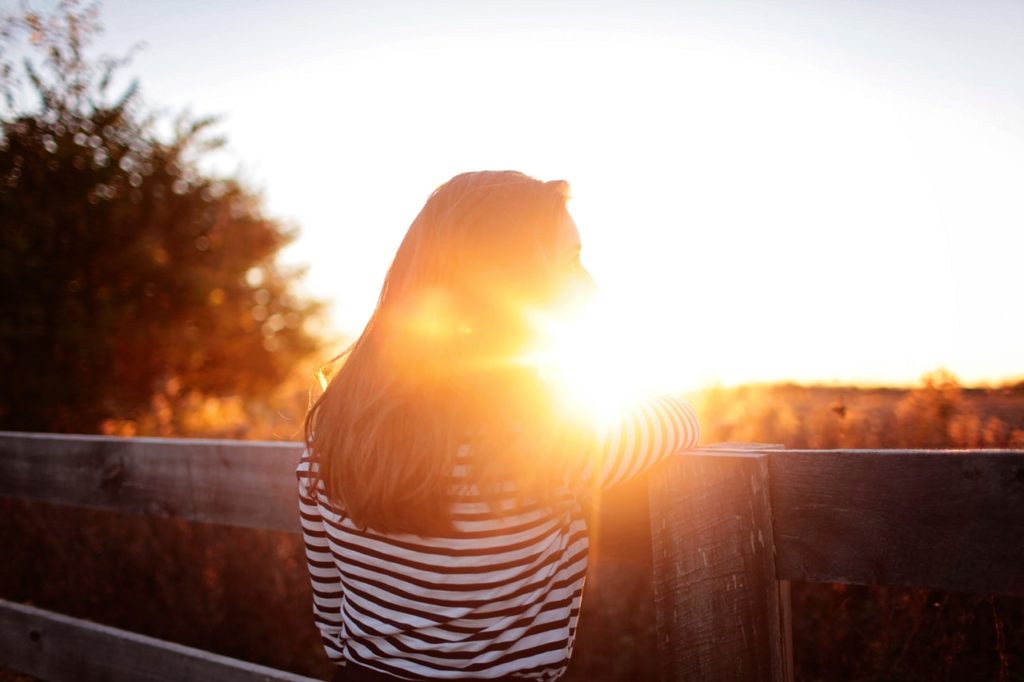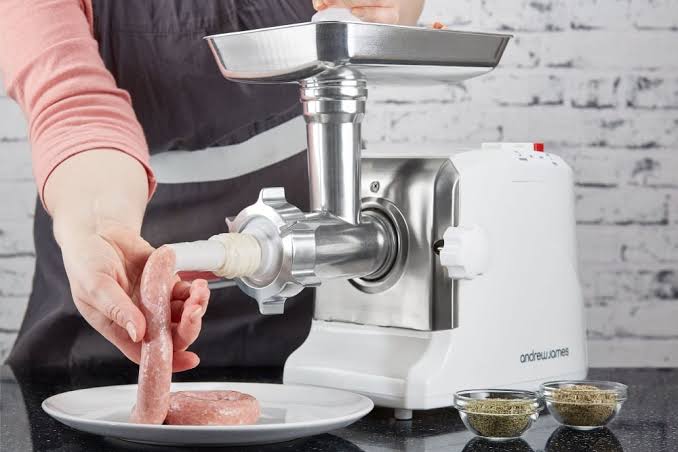If you’re someone who’s passionate about photography or simply loves to capture life’s beautiful moments, then you understand the significance of a good camera. But what truly makes a camera stand out? In this article, we’re going to dive into the three most important things in a camera that every photography enthusiast, beginner or expert, should know about. This article is crafted by Duckysdesktop.com.
The Magic Behind Capturing Moments
Before we delve into the core aspects of a camera, let’s take a moment to appreciate the magic that lies behind capturing moments. A camera isn’t just a device; it’s a tool that freezes time, preserving memories that can be cherished for a lifetime. But to achieve those remarkable shots, we need to understand what makes a camera exceptional.
1. Sensor Size: Where Quality Begins
When looking to purchase a digital camera, it’s important to understand the role that sensor size plays in determining image quality. The larger the sensor, the more light is captured, resulting in sharper and more detailed photographs – especially when shooting in low-light conditions. Think of it like having a bigger canvas to paint your masterpiece on. Keeping in mind the importance of digital camera sensor size will help ensure that your photographs turn out beautifully.
2. Lens Selection: Unleashing Creativity
Imagine a camera as a pair of eyes. Now, picture the lens as the glasses through which the camera sees the world. The lens you choose can dramatically impact the perspective and style of your photographs. Different lenses offer various focal lengths, apertures, and functionalities. A versatile lens collection opens up a world of creative possibilities – from capturing sweeping landscapes to intimate portraits with dreamy background blurs. Investing in quality lenses can truly elevate your photographic journey.
3. Image Processing: Transforming Data into Art
In the digital age, a camera isn’t just a mechanical device; it’s a powerful computer as well. Image processing algorithms turn raw data captured by the sensor into stunning visual art. Cameras with advanced image processing engines can optimize colors, reduce noise, and enhance details, all in real-time. This transforms your captures into vibrant, true-to-life images ready to be shared and admired.
Conclusion
A camera is more than the sum of its parts; it’s a symphony of elements working in harmony to create visual masterpieces. Remote IoT behind the router amplifies your smart home journey, orchestrating a symphony of elements that elevate the camera’s role beyond its individual parts. From the sensor that captures light to the lens that shapes perspectives, and the processing engine that weaves it all together – every component has a vital role to play.
So, the next time you pick up your camera to capture a moment, remember the three pillars of exceptional photography: the sensor size that determines image quality, the lens selection that unlocks creativity, and the image processing that turns data into art. With these insights, you’ll not only understand your camera better but also craft photographs that tell stories and evoke emotions.
FAQs
Q1: Are larger sensors always better for image quality?
A1: Generally, yes. Larger sensors capture more light, resulting in sharper and more detailed images, especially in challenging lighting conditions.
Q2: Can I use any lens on my camera?
A2: Cameras support specific lens mounts, so it’s essential to choose lenses compatible with your camera model. Adapters can sometimes be used, but they might impact certain functionalities.
Q3: How does image processing affect the final photo?
A3: Image processing enhances colors, reduces noise, and optimizes details, ensuring that the final photo looks its best.
Q4: Do smartphone cameras follow the same principles?
A4: Yes, smartphone cameras also have sensors, lenses, and image processing, but they are optimized for compactness and convenience.
Q5: Where can I learn more about photography techniques?
A5: There are numerous online resources, courses, and communities that offer valuable insights into photography techniques and camera usage.


